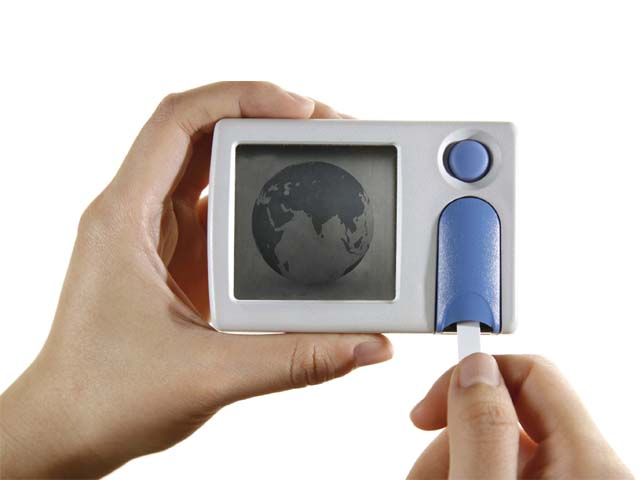
A public awareness programme on the management of diabetes was organised by National Institute of Diabetes and Endocrinology (NIDE) in collaboration with the pathology department of Dow University of Health Sciences (DUHS), Ojha Campus.
In his speech, Prof. Zaman Shaikh said that in 2009, Pakistan was ranked seventh in the world with respect to the number of diabetics - the exact figure being 7.1 million. At that time, even the forecast for future trends was gloomy: International Diabetes Federation estimated that Pakistan would jump from seventh position in 2010 to fourth in 2030. But with the continuing efforts for creating awareness about diabetes, Pakistan managed to slip out of the top ten countries with regard to prevalence in 2010. According to fresh estimates, Pakistan will now fall in the tenth instead of the fourth position with regard to the incidence of the condition.

Another area the country lags behind is the expenditure on treating the condition. In Pakistan, the average expenditure on diabetes is around $24 (Rs2,360). This is lower than the figure in Afghanistan - about $33 or Rs3,230 - and India, where the expenditure is $55 (Rs5,390).
Prof. Shaikh said that obesity is very common in diabetes patients and is responsible of for complications associated with the condition. They include heart attacks, stroke and high blood pressure. He emphasised that if diabetics change their lifestyles, choosing to eat healthy and brisk walk for at least 30 minutes, they can cut complications which arise from the condition.
Describing new ways of keeping a check on the condition, Prof. Shaikh stated that new insulin pumps about the size of small pagers will soon be in market. They will have novel features such as custom alarms and can be hooked up to a laptop or a desktop. They can be programmed to deliver insulin based on individual’s lifestyle.
Prof. Shaikh added that diabetes is simply a condition which occurs because of a problem in production and supply of insulin in the body. In large towns and cities, most people don’t eat healthy food, and also exercise less, which may increase the incidence of diabetes in such areas.
“We are providing state of the art treatment at minimum cost at NIDE,” he said. “We not only deal with the management of diabetes but also work on the prevention of condition and its complications.”
Prof. Muhammad Masroor, Dow International Medical College’s principal, said that insulin is a life saving substance. All patients with type-I diabetes use insulin from the day they are diagnosed till the last day of their life to sustain themselves. Insulin is needed eventually even in type-II diabetics. He also tried to clear misconceptions about insulin treatment. It is thought of as the last stage of treatment, although it is actually the first stage at which diabetics must learn to manage the condition. He also said frequent awareness programs are meant to empower patients to control the condition.
Published in The Express Tribune, May 18th, 2013.
COMMENTS (2)
Comments are moderated and generally will be posted if they are on-topic and not abusive.
For more information, please see our Comments FAQ

















So what if we are spending less on health, we have nuclear bombs which Afghanistan does not have. More expenses from education and healthcare be transferred to defense in the budget.
Govt should also pay some attention towards ever increasing cost of medicine & test strips. Test strips are not even easily available in some areas and the cost is unbearable for an average person.The Glucometer & their test strips should be made available at discounted rates to registered diabetic patients.